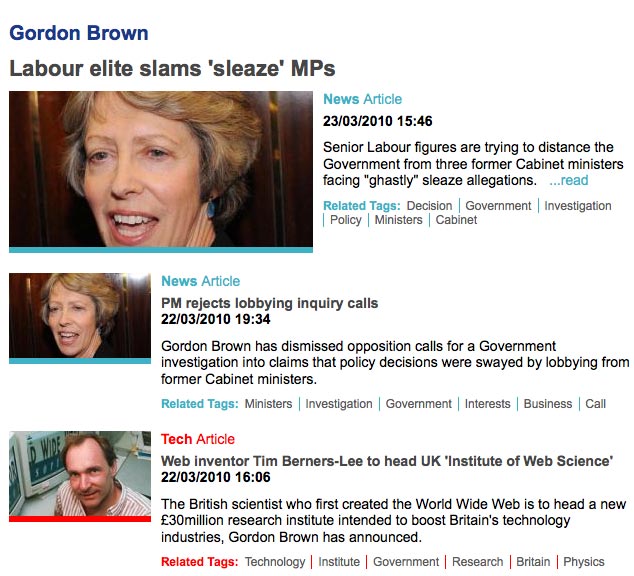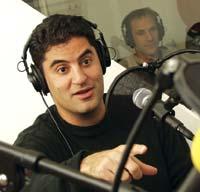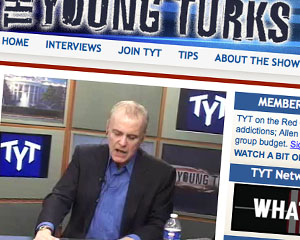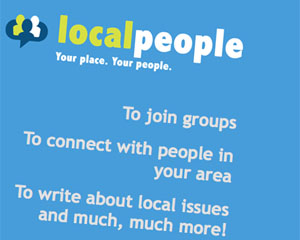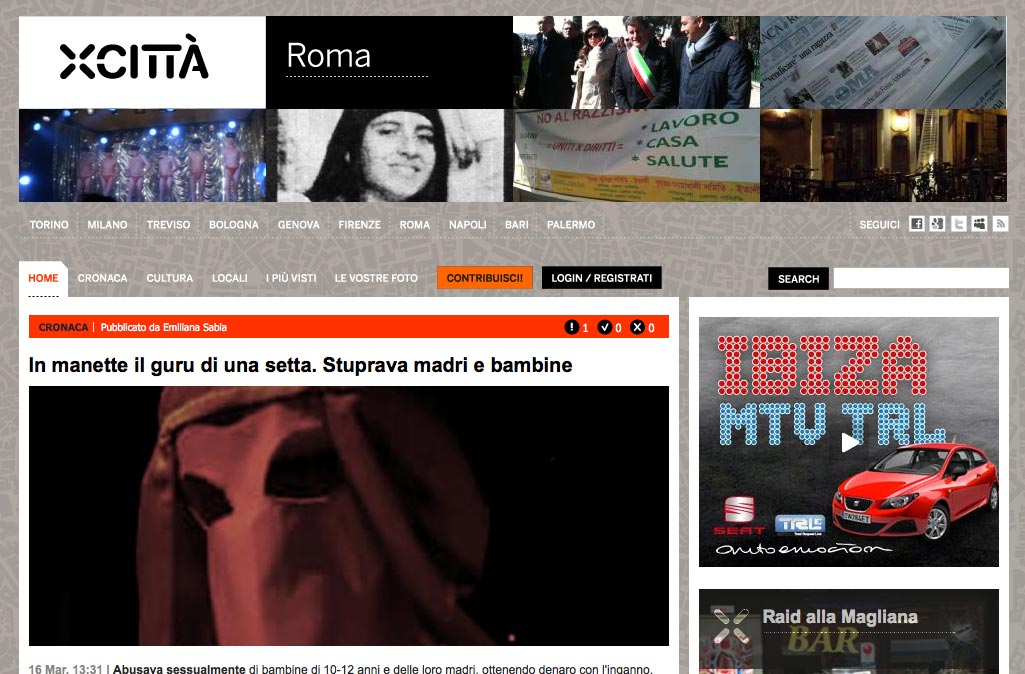The Times hosted a live Q&A this afternoon with editor James Harding about its new plans for paid content, details of which were announced today. While there were a few interesting comments in there (he’ll “hide under the desk” if it all goes wrong, he says) it felt like a lot of questions went unanswered and unpublished. For example, as Adam Tinworth pointed out on Twitter, no questions about linking were addressed.
I’ll do as @times_live recommends and email them in, but in the meantime, here are a few of my own, and some from our Twitter followers too.
Mine:
I once heard that pre-moderation of comments posted on Times Online costs a six figure sum (I wasn’t able to clarify over what time period). With a paywalled site, do you hope to reduce this cost? How will the staffing of your website change with the paywall?
What kind of market research did you do to establish the price point? What different kinds of models did you consider?
How different will the new sites be? Do you think people would have paid for the existing content on Times Online?
Can you share any details of the additional digital applications that will be included in the package?
Then because none of my questions were getting answered, I threw this in:
How much involvement did NI CEO Rupert Murdoch have with paywall plans? Last week his biographer Michael Wolff suggested that up until last year he hadn’t been on the internet ‘unaccompanied’; do you think execs are best placed to judge the willingness of people to pay?
And here are a few I thought of afterwards:
You joked that you’ll hide under the desk if it all goes wrong, but what’s the real risk? If you reverted to a free model later, do you think it would be easy to regain all the lost unique users? Or will they be lost forever?
Journalists are often recognised and given opportunities and leads because of their Google ranking. How have your journalists reacted? Are they worried about their professional profile lowering, with restricted access to their content? Will you stop journalists posting their own articles on their own blogs?
And from Twitter:
@substuff asks: “I wanted to ask what The Times would do to attract promiscuous browsers such as me – as I’d probably only subscribe to one site.”
@neilblake73 asks: “Why would anyone pay for news when you can get it 24hrs via the BBC, CNN, Sky, radio and online etc? What on earth would be so good we’d pay?
“Also, with Evening Standard, and Metro free (& possibly the Indy in future?), why are roles reversing, ie. free papers / paid for web?”
@HooklineBooks asks: “What if they [the Times] charge and no-one visits? Is there a plan B?”
@gregorhunter: “What’s stopping the rest of the blogosphere from mirroring TimesOnline’s articles and continuing as usual?”
@gpcrc: “Will this change how journalists interact with PRs (if all consumers will be building relationships with online journalists)?”
@sarah_booker: “Will the Times link through social bookmarks and RSS functions outside the paywall?
“Will Times journalists be able to tweet?”
@JunkkMale: “If paywall is to ‘preserve quality reporting’, may we be assured that future coverage will be factually accurate, indeed more so than now?”
If you’ve got others, please tweet them in, or leave in the comments below. I’ll email James Harding the link to this post now.
Also, for background, here’s the News International press release in full:
News International today announces that The Times and The Sunday Times will start charging for access to their digital journalism in June using a pricing model that is simple and affordable.
Both titles will launch new websites in early May, separating their digital presence for the first time and replacing the existing, combined site, Times Online. The two new sites will be available for a free trial period to registered customers.
From June, the new sites, www.thetimes.co.uk and www.thesundaytimes.co.uk, will be available for a charge of £1 for a day’s access or £2 for a week’s subscription. Payment will give customers access to both sites. The weekly subscription will also give access to the e- paper and certain new applications.
Access to the digital services will be included in the seven-day subscriptions of print customers to The Times and The Sunday Times.
Rebekah Brooks, chief executive, News International, said: “These new sites, and the apps that will enhance the experience, reflect the identity of our titles and deliver a terrific experience for readers. We expect to attract a growing base of loyal customers that are committed and engaged with our titles.
We are building on the excellence of our newspapers and offering digital access to our journalism at a price that everyone can afford.
“At a defining moment for journalism, this is a crucial step towards making the business of news an economically exciting proposition. We are proud of our journalism and unashamed to say that we believe it has value.
“This is just the start. The Times and The Sunday Times are the first of our four titles in the UK to move to this new approach. We will continue to develop our digital products and to invest and innovate for our customers.”
John Witherow, editor of The Sunday Times, said: “The launch of a dedicated Sunday Times website is a hugely significant moment for the paper.
It will enable us to showcase our strengths in areas such as news, sport, business, style, travel and culture and display the breadth of Britain’s biggest-selling quality newspaper.
“For the first time, readers will have access to all their favourite sections and writers. We will be introducing new digital features to enhance our coverage and encourage interactivity. Every day, readers will be able to talk to our writers and experts and view stunning photographs and graphics. Subscribers will be able to get this brand new site, plus the enhanced Times site, seven days of the week, all for the price of a cup of coffee.”
James Harding, editor of The Times, said: “The Times was founded to take advantage of new technology. Now, we are leading the way again. Our new website – with a strong, clean design – will have all the values of the printed paper and all the versatility of digital media. We want people to do more than just read it – to be part of it.
“We continue to invest in frontline journalism. We have more foreign correspondents than our rivals and continue to put reporters on new beats – last year we added an Ocean Correspondent and we just became the only British paper to have a Pentagon Correspondent. And we want to match that with investment in innovation.
“TheTimes.co.uk will make the most of moving images, dynamic infographics, interactive comment and personalised news feeds. The coming editions of The Times on phones, e- readers, tablets and mobile devices will tell the most important and interesting stories in the newest ways. Our aim is to keep delivering The Times, but better.”

